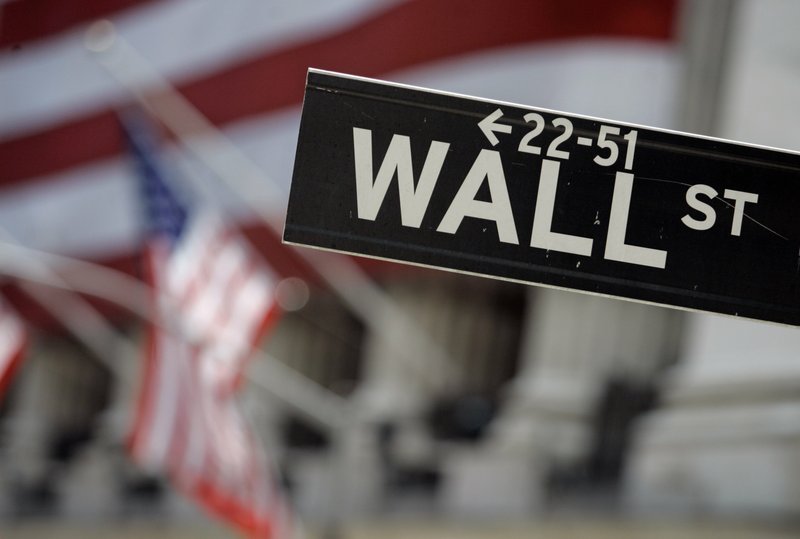NEW YORK -- Stocks fell Thursday as worries about the soundness of a European bank spooked U.S. investors, prompting them to sell off stocks and snap up gold and governments bonds.
The Dow Jones industrial average ended down 70.54 points, or 0.4 percent, to 16,915.07. The Standard & Poor's 500 index fell 8.15 points, or 0.4 percent, to 1,964.88, and the Nasdaq composite fell 22.83 points, or 0.5 percent, to 4,396.20.
Fears emerged overnight about the financial stability of Espirito Santo International, a holding company that is the largest shareholder in a group of firms, including the parent of Portugal's largest bank, Banco Espirito Santo.
Espirito Santo International reportedly missed a debt payment this week and was cited for accounting irregularities -- issues that led to Europe's debt crisis four years ago. The bank troubles had traders and investors talking about another European debt crisis.
Thursday's stock sell-off started in Europe and spread to the U.S, where the Dow Jones industrial average plunged as much as 180 points in the first half-hour of trading.
But anxiety in the U.S. quickly subsided. While stocks never fully bounced back, the decline in the Dow was roughly half of what it was at the beginning of Thursday's session.
"Today's news did reignite some of those contagion fears," said Ryan Larson, head of equity trading for RBC Global Asset Management.
Portugal, like Greece and Ireland, needed an international rescue in 2011 during the continent's debt crisis. A three-year economic recovery program was supposed to straighten out its finances.
That debt crisis in Europe was largely responsible for the U.S. stock market's last decline of 10 percent or more, known as a "correction" in Wall Street parlance. Investors back then worried that the crisis would spread to the U.S., which was starting to recover from its own financial trauma.
Traders and market strategists pointed to a couple of reasons why stocks didn't continue falling in the U.S.
First, it has been a relatively quiet week for Wall Street, with few economic data and only a couple of companies reporting their quarterly results, so any negative news was likely to "be met with overreaction," Larson said.
"After participants had time to step back and assess, many realized the U.S. is in a relatively good spot compared with [Europe]," he said.
Second, even with the U.S. market trading near all-time highs, many investors are sitting on large amounts of cash that haven't been put into the market. Any noticeable fall in stock prices would likely be met by investors willing to step in.
"Generally, people are willing to put money into this market when the opportunity presents itself," said Erik Davidson, deputy chief investment officer of Wells Fargo Private Bank.
Investors did seek out some protection Thursday. Bond prices and gold rose as investors moved money into the traditional havens. The yield on the U.S. 10-year note fell to 2.54 percent from 2.55 percent late Wednesday. Gold rose $12, or 1 percent, to $1,336.30 an ounce.
Business on 07/11/2014
